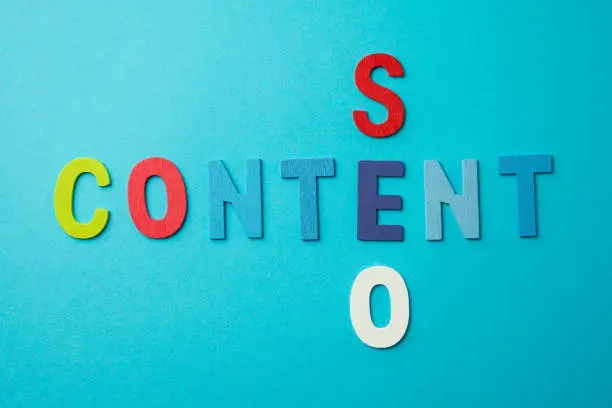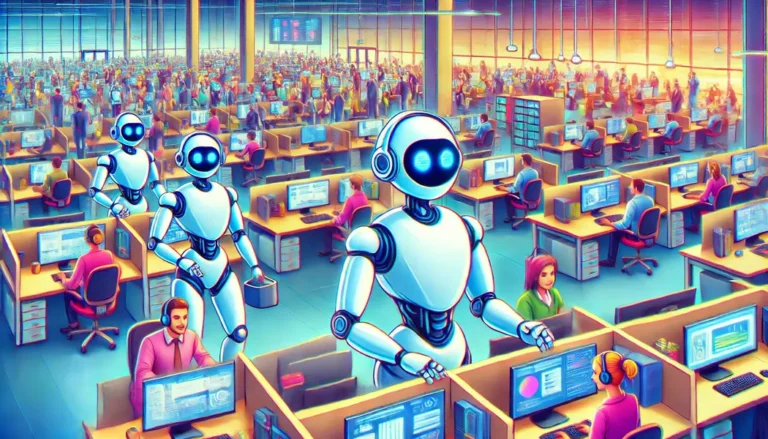Exploring Montreal’s Trans Art Revolution
Montreal has emerged as a powerful center of trans art and expression, standing out as one of the most inclusive cultural cities in North America. From independent film festivals to cooperative print studios, trans and gender diverse artists are making their mark on Montreal’s creative landscape. These artists are not only telling their stories through visual and performing arts but are also building entire support systems that allow other marginalized voices to rise.
With strong community roots, access to artist-run spaces, and a tradition of social activism, Montreal has laid the foundation for what many now call a “Trans Art Revolution.” This article explores how the city is leading this movement through creativity, resilience, and the celebration of gender-diverse voices.
Montreal’s Trans Art Revolution: A Cultural Shift
A New Wave of Visibility
Montreal’s art world is experiencing a profound transformation as trans and non-binary artists gain recognition and redefine public spaces. Whether through gallery installations, spoken word events, or street murals, these creators are claiming space and visibility. This visibility is not just about presence, it’s about changing the dominant narratives in art and challenging traditional norms around gender, identity, and power.
Community-Driven Film Festivals Fuel the Movement
EXPOSURES Trans Film Festival
One of the most powerful reflections of this revolution is the birth of the EXPOSURES Trans Film Festival. It was founded with the specific aim to showcase the works of trans, two-spirit, and non-binary filmmakers. The event has grown rapidly, becoming a key moment in the cultural calendar for showcasing trans talent.
Along with film screenings, the festival also hosts artist talks, community gatherings, and educational workshops. It offers a rare platform for artists to speak directly to audiences about identity, gender politics, and creative resistance. Most importantly, it’s organized by trans creators, ensuring authenticity and relevance.
Inclusive Programming and Audience Participation
What sets these festivals apart is their inclusiveness. They’re not just about showcasing talent they create dialogue between artists and audiences. By incorporating Q&A sessions, live performances, and open mic nights, these festivals allow artists to build meaningful connections with their community. It’s a form of shared storytelling that goes beyond traditional film viewing and into active cultural participation.
Artist-Run Centers Supporting Trans Expression
Safe Spaces for Experimentation
Montreal is home to several artist-run centers that provide creative freedom to trans and gender-diverse individuals. These include feminist and queer-focused spaces that offer exhibitions, workshops, and funding for emerging artists. They are often non-commercial and community oriented, providing safe spaces to create work that challenges mainstream art markets and explores deeply personal narratives. Here, trans artists find room to experiment and thrive without judgment or censorship.
Mentorship and Residency Programs
Many of these centers offer residency programs, which are crucial for artists who lack access to traditional institutions. These programs offer more than just studio space they provide mentorship, networking opportunities, and technical support. They help trans artists gain confidence, develop portfolios, and reach wider audiences through curated exhibitions.
The Role of Transfeminist Cooperatives
Building with a Purpose
Montreal’s Trans Art Revolution isn’t only happening on stage or canvas, it’s also rooted in everyday places like bookstores, print studios, and cafés. These cooperative spaces are often started and run by trans and non-binary people, and they serve as cultural hubs where people gather not just to consume art but to collaborate, organize, and heal. These spaces often double as activist centers, zine libraries, or performance venues.
Funding Through Community Support
Most of these cooperatives are crowdfunded or community-supported. This financial independence ensures they are accountable to the people they serve not large institutions. It allows them to curate content that is radically inclusive, political, and deeply connected to trans realities.
Intersectional Collaboration and Festival Networks
Working with Other Marginalized Communities
What makes Montreal’s trans art scene even more powerful is its intersectionality. Trans artists regularly collaborate with Indigenous, Black, disabled, and immigrant creators, producing art that reflects layered identities and shared struggles. This approach not only strengthens the trans art movement but also bridges it with broader social justice efforts.
Celebrating Identity Through Art
These collaborative events whether they’re performance festivals, drag nights, or gallery shows focus on celebrating the full complexity of identity. Trans artists in Montreal aren’t just fighting for representation they’re using their art to create joy, solidarity, and liberation. The result is a more colorful, more powerful cultural landscape for everyone.
Art as Resistance Against Hate
Turning Hate into Creativity
In response to rising anti-trans sentiments globally, Montreal’s artists have taken the lead in transforming hate into resistance art. Public campaigns, performance protests, and installations across the city are reclaiming narratives and using visibility as a tool of empowerment. Trans artists are creating art that refuses silence, directly confronting misinformation and discrimination with creativity and courage.
Healing Through Storytelling
For many trans artists, making art is also about healing. Whether through spoken word, dance, or painting, art becomes a method to process trauma, reclaim joy, and imagine safer futures. This has turned Montreal into a city where creativity isn’t just aesthetic, it’s political, emotional, and deeply human.
Read Also: Blend Multiple Stories to Boost Readability and Engagement
Conclusion
Montreal’s Trans Art Revolution is more than just an artistic trend, it’s a deeply rooted movement grounded in community, creativity, and justice. The rise of dedicated festivals, artist-run spaces, and cooperatives run by trans individuals has transformed the city into a haven for authentic expression. Through intersectional collaborations, political resistance, and healing practices, trans artists are not just participating in the art world they’re redefining it.
This cultural shift matters not just for Montreal, but as an example for other cities seeking to uplift marginalized voices in meaningful ways. By fostering inclusivity, celebrating diversity, and resisting erasure, Montreal’s trans art community offers a roadmap for what a truly progressive, people-powered art scene looks like. If the revolution has already begun, then Montreal is its heart beating, bold, and beautifully trans.
FAQs:
1. What is Montreal’s Trans Art Revolution?
It’s a cultural shift where trans and gender-diverse artists are leading the city’s creative scene through festivals, art spaces, and community activism.
2. What are some key festivals supporting trans art in Montreal?
Events like the EXPOSURES Trans Film Festival and queer performance nights highlight trans voices through film, performance, and discussion.
3. How are artist-run centers helping trans artists?
They provide residencies, exhibition space, and mentorship, offering trans creators the tools and support needed to share their work safely.
4. What role do cooperatives play in Montreal’s trans art scene?
Transfeminist cooperatives offer collaborative, inclusive spaces where trans people can create, connect, and organize away from mainstream pressures.
5. How is trans art used as a form of resistance in Montreal?
Trans artists are creating public art and performances that respond to discrimination, reclaim space, and promote healing and visibility.







